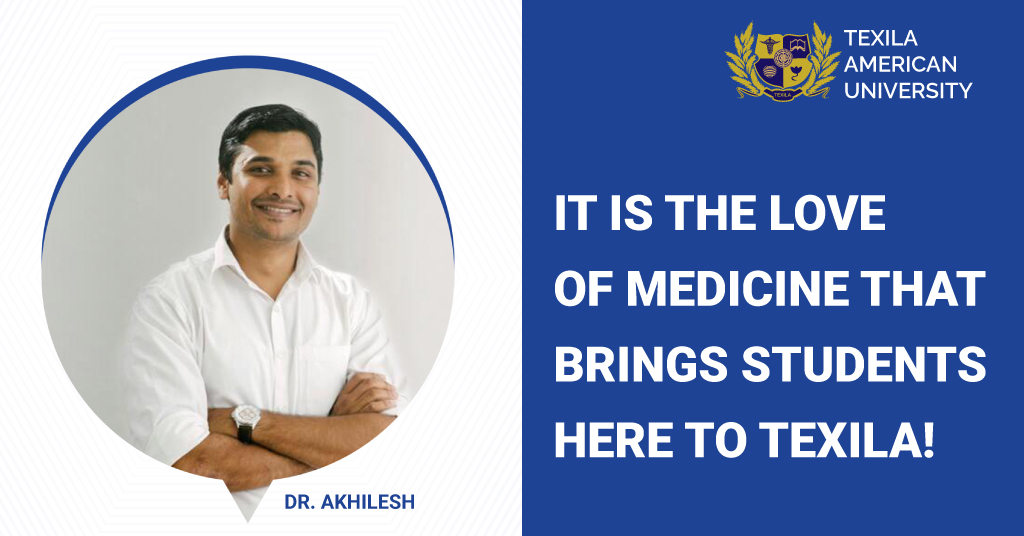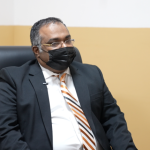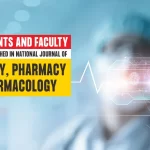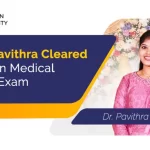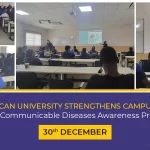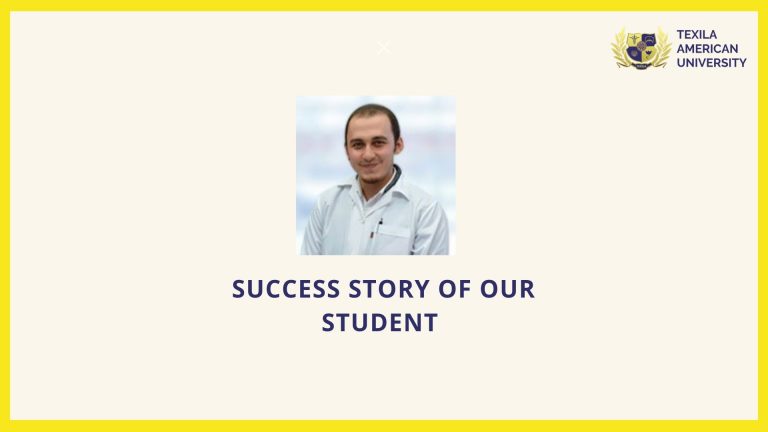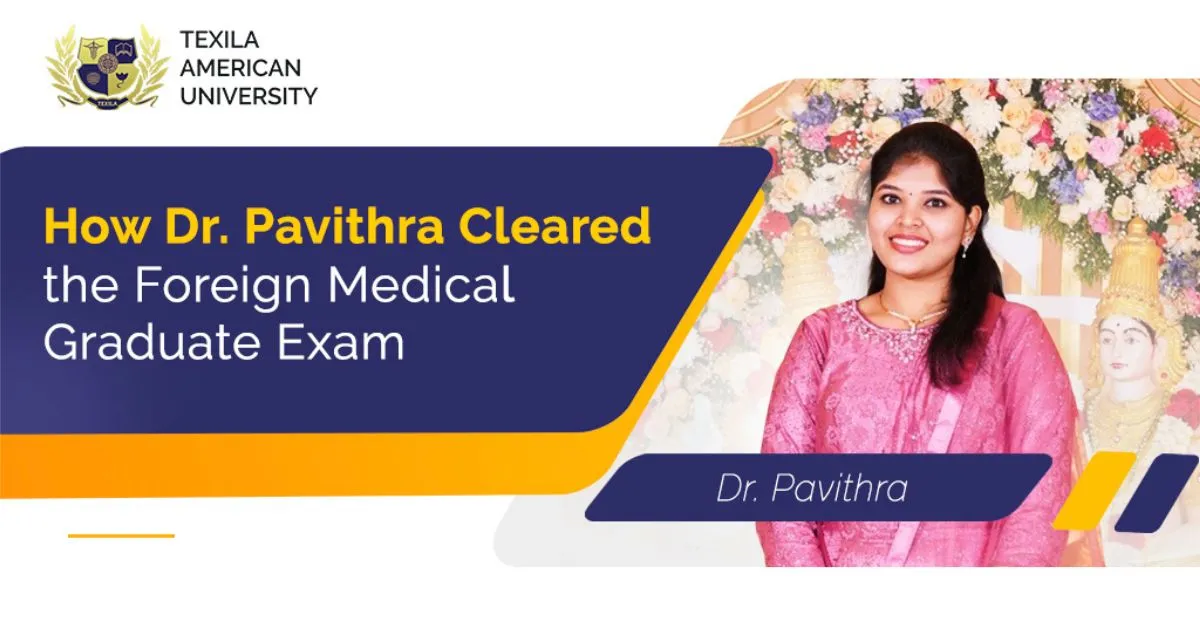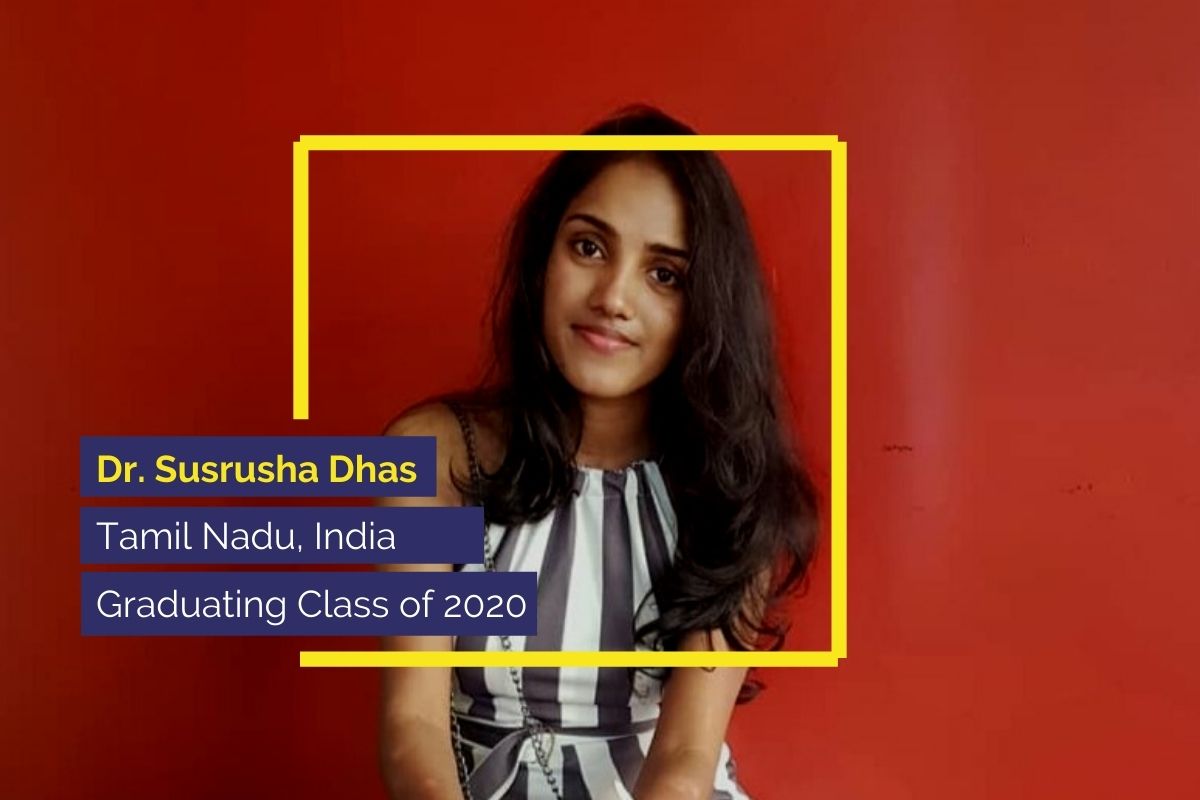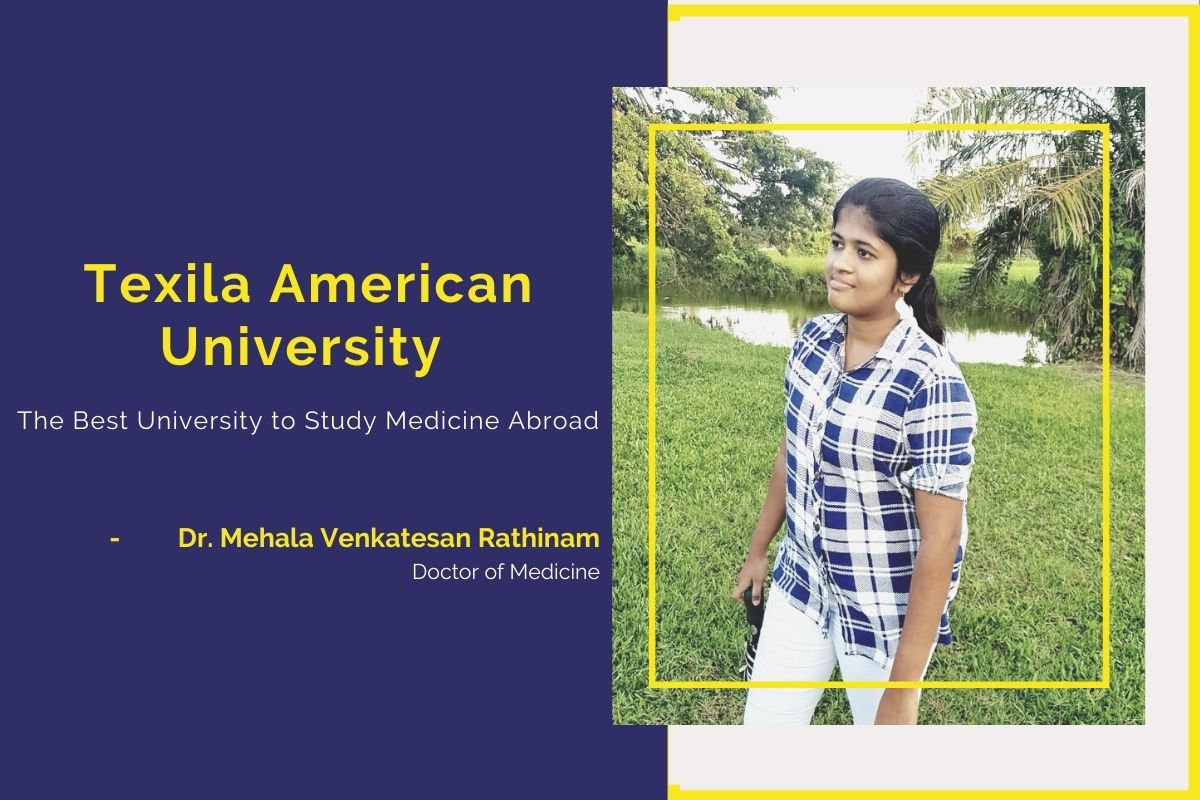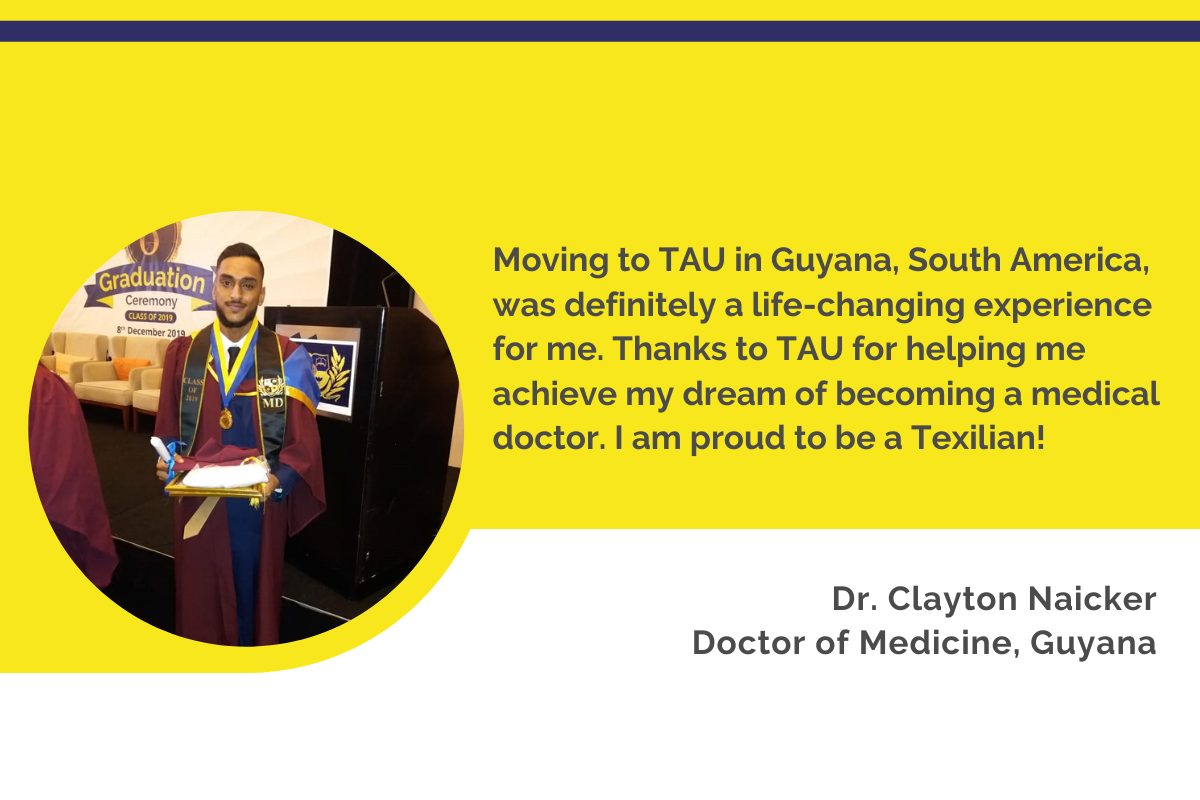After completing his postgraduate medical education in Maxillofacial surgery, Dr. Akhilesh is currently practicing medicine in Bangalore, Karnataka.
Medical education abroad, especially in countries like the Caribbean region, Russia, China, and Germany, has tremendously democratized this most sought-after field of learning.
Medical aspirants now have a viable alternative when medical schools in their home countries helplessly shut the door on them. Caught in a vortex of caste privileges, tedious entrance exams, and shaky supply/demand equilibrium, the youngsters dared to chase their dreams even if that meant leaving the shores.
When young students like Dr. Akhilesh Mohan Wodeyar stepped gingerly into this ‘new world’ of medicine, they get seized by a sense of nervousness but soon discovered to their relief that it held a promising future.
Dr. Akhilesh was unsure when he approached Texila American University (TAU) to enroll seven years ago for a postgraduate medical degree.
The oral maxillofacial surgeon was turned away by UK universities for not having an MBBS degree to pursue post-graduation, never mind the BDS (Bachelor of Dental Surgery) degree he possessed.
The young surgeon was not any different from ‘ambitious’ Indian students who saw UK postgraduate studies as the icing on the cake.
However, with the doors shut on the UK proposition, he turned his attention to the West Indies/Caribbean countries. “These countries spoke the English language, and without any second thoughts, I packed my bags and left,” says Dr. Akhilesh.
“TAU was flexible and was ready to listen to the distinct needs of students,” Dr. Akhilesh reminisces.
That was the start of a phenomenal journey in not only learning but also a wholesome multi-cultural experience.
Texila American University was a melting pot of culture, and I say this without any exaggeration, Dr. Akhilesh says.
Students from about 40 countries pursue courses in this medical institution, matched by an equally diverse faculty.
“It was the love of medicine that brings students here to Texila – it is this reason that international students of varying age groups study here,” Dr. Akhilesh said.
So, many play the role of mentors to the new/younger students, enriching their experience.
According to him, it is one of the most significant advantages students have as they grow as a person besides learning medical science, the different circumstances they come from, their struggle, passion, and conviction.
This is the university’s strength. I wish to say that we are not straight-jacketed into a predictable system, says Dr. Akhilesh.
He said that medical education here is not a formulaic exercise where you finish school, join a medical college, and complete graduation on complete parental support.
Dr. Akhilesh said that there were medical aspirants who were bachelor’s degree holders of anatomy and microbiology and were in Texila to give finesse to their dream career.
In line with evolving reforms in medical education, TAU has complemented its teaching strategies with an integrated curriculum among small groups of students alongside classroom lectures.
The student-centered learning process facilitated and assiduously monitored by the faculty leads to fostering of leadership qualities and pro-active participation.
“Such a learning process empowers future doctors to take the challenges of modern medical practice in their stride,” says Dr. Akhilesh, who practices in Bengaluru.
This process encourages higher-order learning where the students assimilate a basic idea, say in human physiology, in a conventional classroom lecture, and discuss their clinical implications in a PBL setting.
“This type of collaborative learning helps students studying in a multi-cultural milieu where they have opportunities to exchange experiences and overcome barriers.
Pursuing medicine abroad, especially in the ‘new world’ institutions, perhaps not just make doctors but also holistic doctors.

